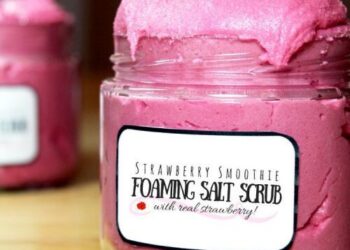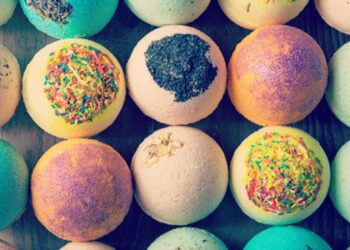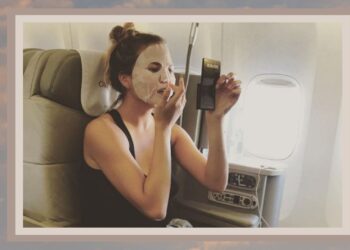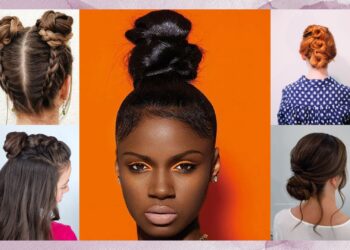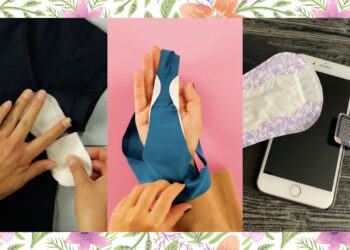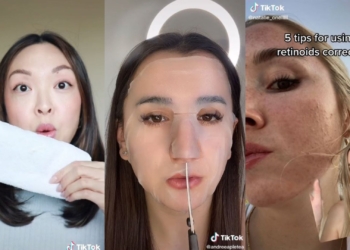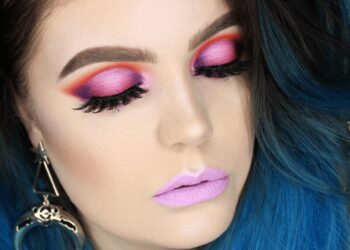The name ‘retinol’ is synonymous with the beauty industry. I know you’ve seen it in drugstores, heard about it on TV, and listened to your favourite celebs gush about it every time they “re-discover” skincare. The retinol hype is real – but it’s also a tricky one. Do you really know what retinol does? Do you really know why you’re supposed to use it, and do you even really know how to apply it?

For starters, you can’t simply slap it on and call it a day – you have to build up a tolerance. Because it is one of the only proven ingredients to visibly reduce the appearance of ageing and it’s a skillful multi-tasker, it can increase cell turnover and stimulate collagen and elastin production. Not to mention increase the appearance of firmness by plumping up fine lines and wrinkles. Oh also – it can help with uneven skin tone problems, treat pigmentation issues and smoothen the surface of the skin. Last but not least, it can fight against cystic acne and blemishes. In short, it’ll help you undergo the Benjamin Button effect.
When To Start Using Retinol
Your 20s is the best time to start using retinol – that is, if you suffer from breakouts or pigmentation problems. It’s best to use retinol for 3 months, then take a three-month break. This is due to research that suggests cell turnover is no longer increased after 3 months of retinol usage.

Side Effects
Retinol doesn’t work equally well on everyone. Avoid it if you suffer from rosacea, eczema, or psoriasis. It’s too powerful on skin that needs a gentle touch, and can increase inflammation, dryness and sensitivity for already delicate complexions. Other than that, most people should be able to get along with it. But no need to worry, the side effects usually last for just a couple of weeks while the skin adjusts to the ingredient.
Not Just With For Wrinkles!
Sure, retinol is the gold standard in wrinkle-preventing and line-smoothing treatments, but it’s also excellent at turning your face into a bright little marble. It’ll also help plump up your skin, clear and shrink pores, and fade dark spots and redness. Can I get a hell yeah?
More on skincare? Read this:
Spot The Difference: Natural DIY Remedies For Facial Dark Spots



